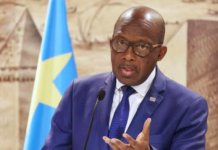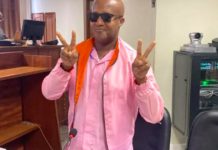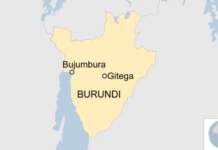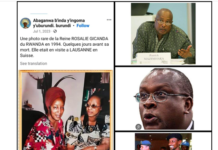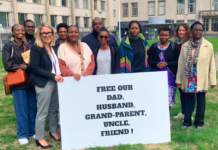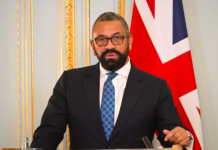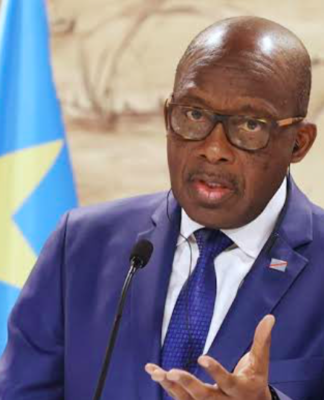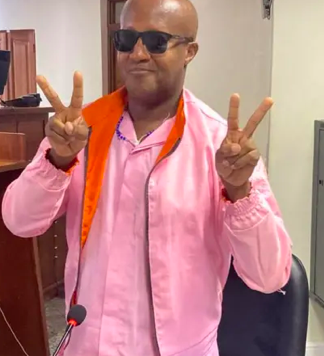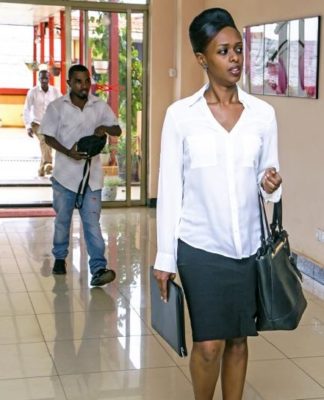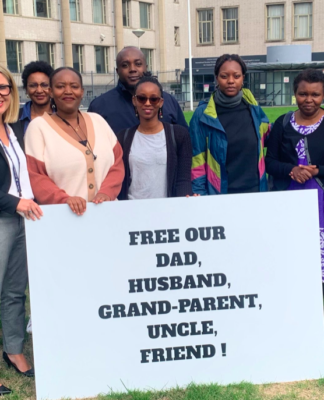By Valentin Akayezu
A. The Apocalypse Preparation Allegation
On August 4, 1993, just after the peace agreement was signed between the Rwandan Patriotic Front (FPR) and the Rwandan government in Arusha, Patrick Mazimpaka, a key FPR representative, spread a significant allegation. In the corridors of the Arusha International Conference Centre, he claimed that Colonel Bagosora had confided plans to prepare “the apocalypse.” This accusation quickly became accepted globally without verification of its truthfulness. However, the International Criminal Tribunal for Rwanda (ICTR) later found Mazimpaka’s claims to be unsubstantiated.
B. The Infamous Dallaire Fax
Canadian General Roméo Dallaire, head of the United Nations Assistance Mission for Rwanda (UNAMIR), played a pivotal role in shaping the narrative of impending genocide. Based on information from Jean Pierre Turatsinze, a member of the Interahamwe militia, Dallaire warned of a potential genocide. Turatsinze’s claims, however, were never substantiated, and he was later killed under mysterious circumstances after his security and financial assistance requests were ignored by Dallaire. This case highlights how unverified statements can escalate into international alarms without thorough investigation.
C. The Alleged Expulsion Letter of Queen Rosalie Gicanda
Jean Damascène Bizimana, a self-proclaimed expert in international law, publicly read a supposed letter from the mayor of Nivelles, Belgium, urging Queen Gicanda to leave the country immediately. This document was used to claim restrictions on her movements, including travel to the Netherlands and Luxembourg, which contradicted the free movement allowed by her valid visa and, purportedly, a diplomatic passport. Additionally, Bizimana inaccurately cited the Belgian Minister of Defense as responsible for migration decisions, a duty that falls to the Ministry of the Interior. Investigations revealed that no such letter ever existed, raising questions about the authenticity of Bizimana’s claims.
Conclusion
These examples illustrate the dangers of fabricating or misrepresenting evidence in sensitive political contexts. They underscore the necessity of rigorous verification before accepting allegations as facts, especially when they can fuel conflict and international interventions. This analysis aims to encourage a balanced view and critical scrutiny of all claims, promoting a better understanding of historical events free from political manipulation.




